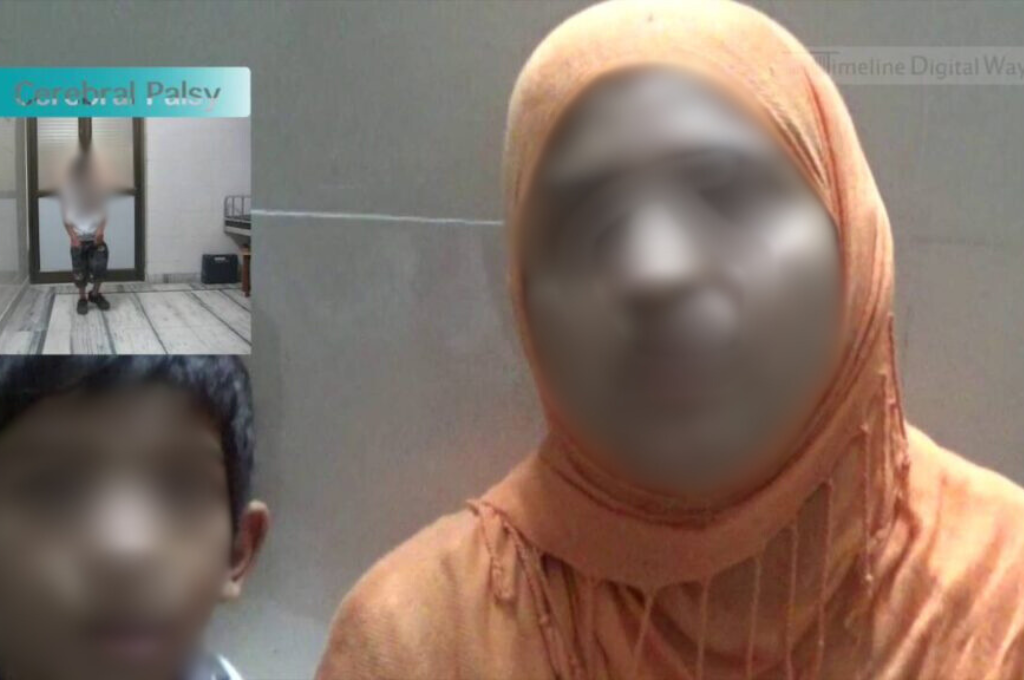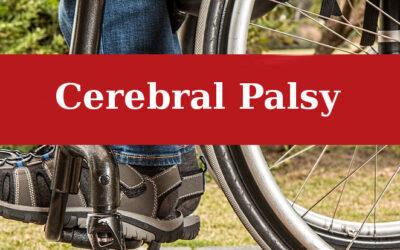Understanding Cerebral Palsy and Parenthood
Understanding Cerebral Palsy (CP) and parenthood involves comprehending the nuances of living with CP while navigating the challenges and joys of raising children. CP is a term used to describe a group of disorders that affect a person’s ability to move and maintain balance and posture. These disorders are permanent and appear in early childhood, with symptoms ranging widely among individuals. Some may experience muscle stiffness, weakness, tremors, or coordination and movement problems. Despite these physical challenges, many children with cerebral palsy lead fulfilling lives, including embarking on the journey of parents with cerebral palsy.
Fertility and Cerebral Palsy
A common misconception about CP is its impact on fertility. CP does not directly affect an individual’s ability to conceive. Men and women with CP generally have the same fertility rates as the general population. However, factors related to CP, such as mobility issues or the use of certain medications, might indirectly influence fertility and pregnancy. Individuals with CP must consult healthcare professionals to receive personalized advice and care tailored to their health needs.
Pregnancy and Cerebral Palsy
For women with CP, pregnancy requires careful planning and close medical supervision. Although many women with CP experience normal pregnancies and deliveries, they may face higher risks of complications. These complications could include increased spasticity, mobility challenges, or the need for medications that require careful management during pregnancy. A multidisciplinary team approach involving obstetricians, neurologists, and physical therapists is crucial to monitor the pregnancy closely and ensure both the mother’s and baby’s health.
Preparing Parents with Cerebral Palsy
Physical Considerations
Individuals with CP must assess their physical capabilities to care for a child when considering parenthood. This assessment may involve making adaptations to their living environment, using specialized equipment, and building a support network to help with the physical demands of parenting. Occupational therapists are crucial in advising on adaptive techniques for childcare tasks, ensuring parents with CP can effectively care for their babies.
Emotional and Social Support
The emotional aspect of parenthood, coupled with the challenges of CP, highlights the need for a robust support system. Connecting with other parents with CP can offer a sense of community, shared experiences, and mutual encouragement. Support groups, in-person or online, are invaluable platforms for sharing tips, resources, and emotional support.
Financial Planning
Raising a child as parents with cerebral palsy requires significant financial planning, more so for individuals with CP due to the potential need for additional resources. These may include medical care, adaptive equipment, and personal care assistance. Early financial planning is crucial, and exploring available support services, grants, and other resources can help alleviate the financial strain associated with parenting and CP.
Is It Possible to Have Children If You Are Living with Cerebral Palsy?
The question of whether individuals with Cerebral Palsy (CP) can have children is answered affirmatively: yes, they can. CP affects motor function and muscle coordination but does not directly interfere with fertility in either men or women. Many people with CP become biological parents, although they may face unique challenges that necessitate thoughtful planning and support from healthcare professionals.
Before Becoming Pregnant
Health Assessment
For women with CP considering pregnancy, a comprehensive health assessment is vital. This evaluation aims to understand their mobility level, the impact of any medications they are taking, and their overall health status to ensure a safe pregnancy and delivery process for both the mother and the child.
Consulting Specialists
Potential mothers with CP should consult with a multidisciplinary team of specialists. This team might include a high-risk obstetrician to manage pregnancy risks, a neurologist to address CP-related issues, and a physical therapist to assist with mobility and bodily preparation for pregnancy and childbirth.
Lifestyle Adjustments
Adopting a healthy lifestyle is crucial for a successful pregnancy. This includes maintaining a balanced diet, engaging in regular physical activity tailored to individual abilities, and managing stress effectively.
Pregnancy and Childbirth with Cerebral Palsy
Monitoring and Care
Pregnancies in women with CP often require closer monitoring than those in women without CP due to the higher risk of complications. Adjustments in care may be necessary to address issues such as spasticity and mobility challenges as the pregnancy progresses.
Delivery Plans
Delivery plans should be carefully discussed with healthcare providers to determine the safest method of childbirth. This discussion should consider the mother’s health, mobility, personal preferences, and the medical team’s recommendations.
Care after Childbirth for Mothers Living with Cerebral Palsy
Physical Recovery
The postpartum period can pose additional challenges for women with CP, including managing changes in muscle tone and mobility. Physical therapy might be necessary to address these changes effectively.
Adaptive Parenting Equipment
Adaptive equipment for parenting tasks can help manage the physical demands of caring for a newborn. Occupational therapists can recommend specific tools and strategies tailored to each individual’s needs.
Challenges after Childbirth for Women with Cerebral Palsy
Managing Fatigue
Fatigue is a significant concern for new mothers, especially those with CP. Establishing a solid support system is crucial for helping with childcare and household tasks, allowing mothers to rest and recover.
Physical Health Monitoring
Continued care with healthcare providers postpartum is essential to monitor and manage any physical health issues, including those related to CP, which may arise after giving birth.
Postpartum Depression in the Context of Cerebral Palsy
Understanding the Risk
Women with cerebral palsy may face a higher risk of postpartum depression due to the additional stresses and physical challenges of parenting with a disability. Awareness and early recognition of the signs of postpartum depression are crucial.
Seeking Support
Accessing support from healthcare providers, counselors, and support groups is vital for mothers experiencing postpartum depression. These resources can offer emotional support and guide treatment options, ensuring mothers with CP receive the help they need during this challenging time.
Understanding Fertility in Men with Cerebral Palsy
Firstly, it’s crucial to clarify that cerebral palsy, primarily a motor function disorder, does not directly affect fertility in men. Most men with CP can conceive children naturally. However, factors like medication side effects, mobility issues, or spasticity can indirectly impact sexual health and fertility. Consulting with a healthcare professional can help address these concerns and explore solutions or treatments to support fertility.
Preparing for Fatherhood
Health and Wellness
Optimizing your health is essential when planning for a family. This includes regular exercise adapted to your capabilities, a nutritious diet, and consultations with healthcare providers to manage CP symptoms and any potential impact on fertility or parenting abilities.
Financial Planning
Raising a child involves significant financial responsibilities. Planning for the future, including savings, exploring insurance options, and investigating resources and support for parents with disabilities, is crucial.
Home Adaptations
Consider the practical aspects of fatherhood and how CP might affect your ability to care for a child. Home adaptations, assistive technologies, and adaptive equipment can empower you to participate fully in your child’s care.
Conclusion
Parenthood with cerebral palsy is a journey of love, resilience, and determination. At Trishla Foundation, we believe in the strength and capability of all individuals with CP to pursue their dreams of parenthood. With the proper preparation, support, and resources, parents with CP can navigate the challenges and joys of raising children.


